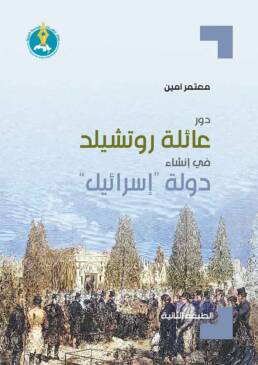The book seeks to understand the nature of the phenomenon of corruption in Algeria, by examining the relationship between the penetration of corruption and the penetration of tyranny since independence, in the sense that the components of authoritarianism are inherent to the pattern of systemic corruption, the latter in turn constitutes a basis and a key factor and the basis for the sustainability of authoritarianism. Therefore, the book presents and compares the syndromes of systemic corruption in democracies and non-democratic systems, and attempts to derive those syndromes in Algeria, discussing at first the weight of history and the effect of colonial experience and its role in imposing and consolidating authoritarianism. The book focuses on examining the consequences of three effects and how they have contributed to the consolidation of authoritarianism and how to allow it to adapt to the developments taking place internationally, regionally and locally, namely, the Neopatrimonialism, rentier capitalism, and ethnicity. In order to understand the link between the spread of corruption and the permanence of authoritarianism, the book proposes the existence of »cycles of corruption«, and each cycle takes the character of the mechanisms of governance adopted at every stage of the authoritarian state from independence until today.
Add a review
You must be logged in to post a review.
You May Also Like
The Role of the Rothschild Family in the Establishing of the State of “Israel”
Price range: 10 $ through 13 $
The Salafi Da’wah of Alexandria: Paths of Organizations and Outcomes of politics
Price range: 5 $ through 8 $
The State of the Arab Nation, 2015-2016: The Arabs and a New Year of Dangers
Price range: 8 $ through 13 $
Democracy in International Law between Legitimacy and Power
Price range: 6 $ through 10 $
In the Beginning was the Transformation: An Analytical Reading of the Contemporary World
Price range: 10 $ through 11 $
Prophecy and Politics
Price range: 5 $ through 8 $
Iraq after the Invasion: From Fragmentation to Rebirth and Reintegration
Price range: 7 $ through 11 $








